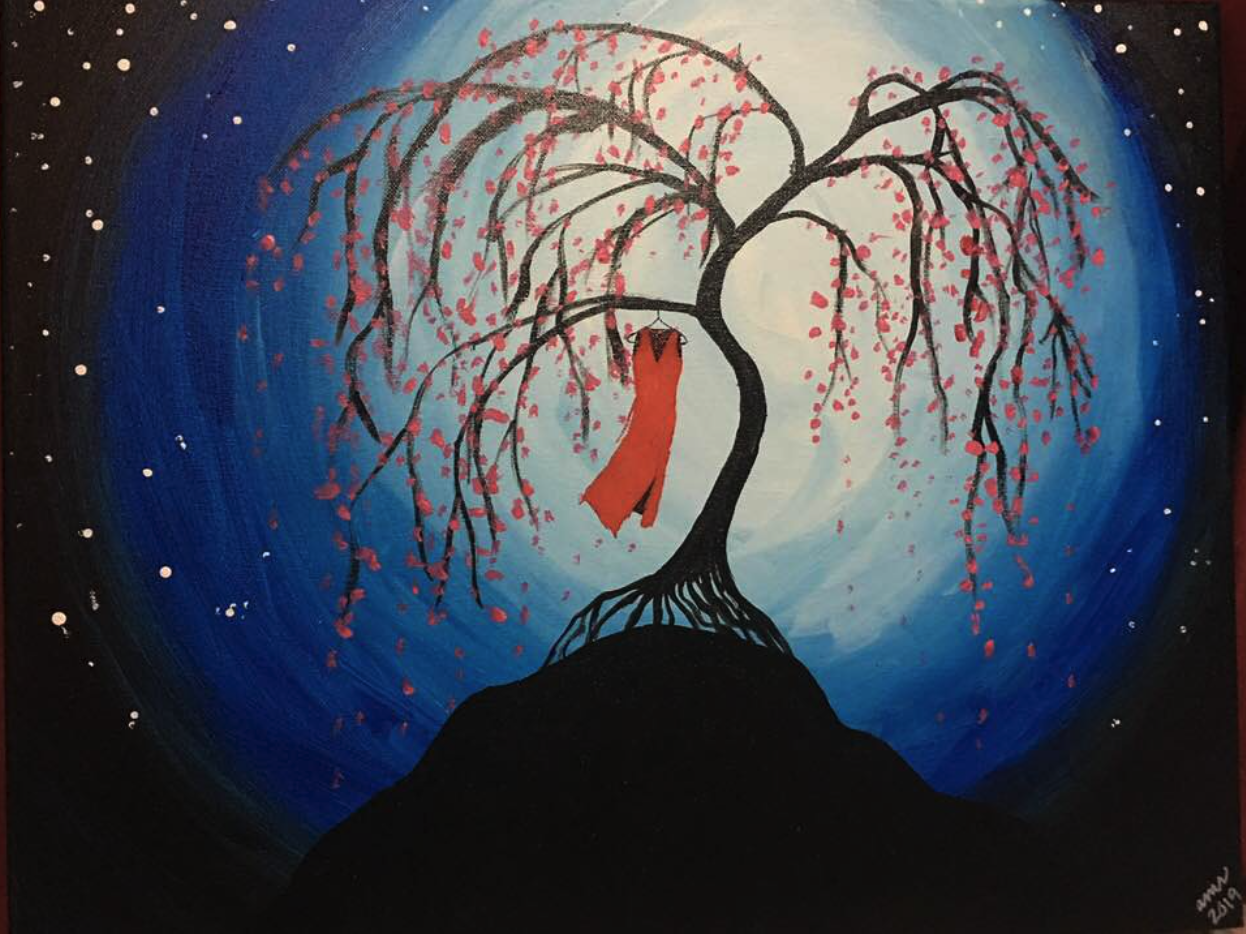Tag: mental health and adoption
-
A Vigil for Christian Hall, 1 Year On
An online vigil, 30 Dec 2021, in honour of Christian Hall, adopted from China to the USA, shot to death by police during a mental health episode.
-
Demystifying the stigmatization of adoptee suicide
Lina shares her 3rd part in a series on adoptee suicide; confronting the stigma of suicide.
-
The Unaware Adoptee
Krishna shares what it feels like to find out about being adopted years later, the secrets and lies, the impacts. Late discovery intercountry adoptee.
-
Grief for Mother Lasts Forever
by Melanie Kleintz adopted from Peru to Germany. Between 24 December 2020 and 1 January 2021, a total of 6 adoptees from Europe took their own lives, a Black Week in Europe for adoptees. The number of unreported cases is definitely higher. All could not clarify their origins, their pain was too strong, and they…
-
Letter to President Moon
by Michelle Y. K. Piper adopted from Sth Korea to Australia. President Moon, To you, I may be merely a statistic. A Number. Name: 86c-1335. Born: “bastard” Abandoned by: Bio Mother These are the words inked into the brittle pages “cataloguing” my birth, 4 ½ months before I was separated from my mother, exiled from my motherland,…
-
It’s a Black Week for Adoptees in Europe
Soorien & Dong-Mi share the losses of 5 intercountry adoptees in Europe over Xmas/NY period.
-
Family thoughts during this time of Year
by Bina Mirjam de Boer adopted from India to the Netherlands and available at Bina Coaching. December is a month all about fun and family. Many people won’t be able to celebrate Christmas with their family this year. For many adopted people, December is a difficult month every year because they are extra aware that…
-
What Needs to be Done about Abuse within Adoptive Families?
Lynelle’s part 3 of 3 on Sexual Abuse within Adoption.
-
The Legacy and Impacts of Abuse in Adoption
—
by
in Abuse in Adoption, Adoptee Anger, Adoptee vulnerability, Adoptees Educate, Adoption Education for Adoptive Parents, Adoption Education for Professionals, Adoptive Country, Birth Country, Complexities in Adoption, Critical Thinking in Adoption, Family Preservation, Grief and Loss, Importance of Connections to Origins, Is adoption the best option, Lifelong Impacts of Adoption, Politics of Adoption, Suicide, Therapy, Transracial Adoption, Trauma in AdoptionLynelle’s part 2 of 3 on Sexual Abuse within Adoption.
-
Mental Health and Adoption
Lynelle writes critically about the lack of understanding and support for intercountry adoptees who live with mental illness.
